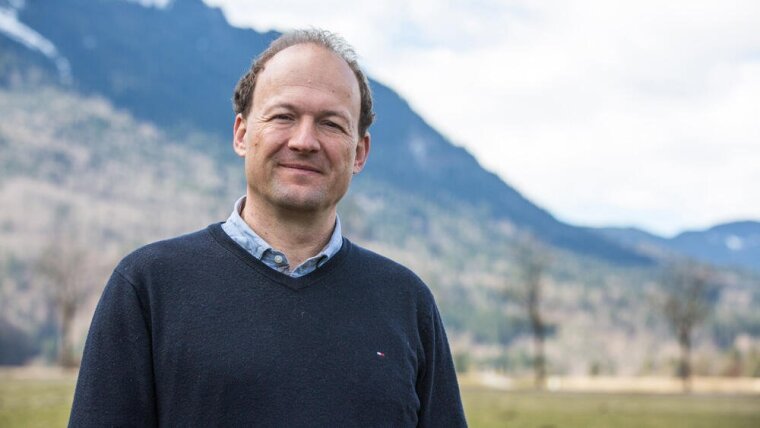
The leader of the South Africa Land Degradation Monitor (SALDi) subproject “SP2: Land-Atmosphere Interaction: Regional Assessment“, Prof. Dr. Harald Kunstmann, has received the Water Resources Prize 2021 from the Rüdiger Kurt Bode-Stiftung during an online session of the 11th Water Research Horizon Conference in June. Prof. Kunstmann is the Chair of Regional Climate and Hydrology at the University of Augsburg and Deputy Director of the Institute for Meteorology and Climate Research – Atmospheric Environmental Research at the Karlsruhe Institute of Technology, the KIT Campus Alpin. He is as well the founding director of the Centre for Climate Resilience at the University of AugsburgCentre for Climate Resilience at the University of Augsburg (https://www.uni-augsburg.de/de/forschung/einrichtungen/institute/zentrum-fur-klimaresilienz/), which was newly established this year.
The price was awarded to Prof. Kunstmann for his “outstanding achievements […] in the field of sustainable water resources management in water-critical, vulnerable regions of the global south, especially for the coupled atmosphere hydrology model systems that he and his team have developed, and for research on sub-seasonal to seasonal predictions (S2S) of water availability” (Deutsches Stiftungszentrum, Press Release, 2021-06-15). The motivation for his S2S research was to overcome the conflicting interests in managing large multi-purpose reservoirs in water scarce regions providing at the same time irrigation water for agriculture and hydroelectric power. Here, the regionally adapted sub-seasonal to seasonal (S2S) forecasting systems can now provide significantly improved forecasts of heat-, drought- and anomalous wet periods up to seven months ahead, and thereby allow for crucial information for sustainable decision making in water management.
Prof. Kunstmann is grateful for the third party funding provided by the BMBF and other funding agencies in the framework of projects like GROW, WASCAL, Client II, and SPACES, providing the opportunity to further develop hydro-climatic modelling tools and apply and test them in regions where they can improve the daily life of people much.